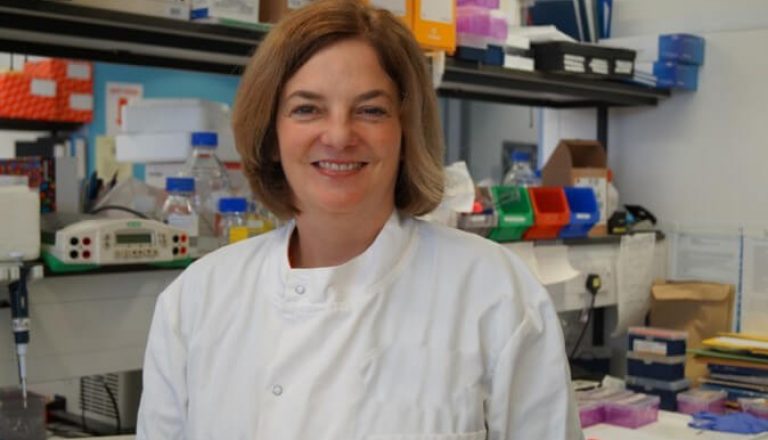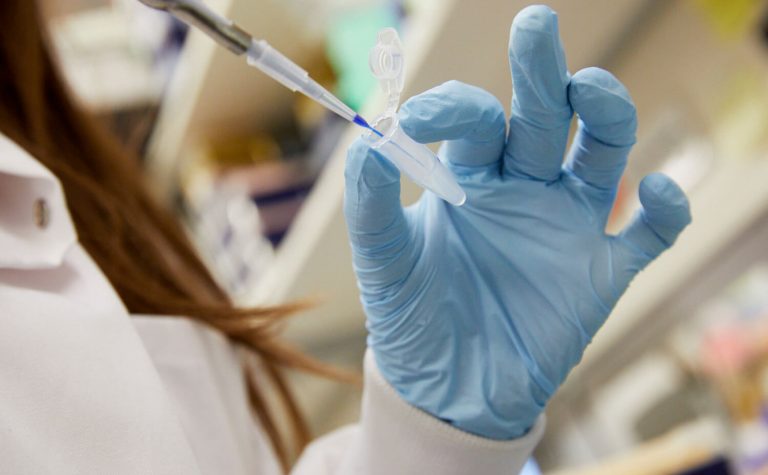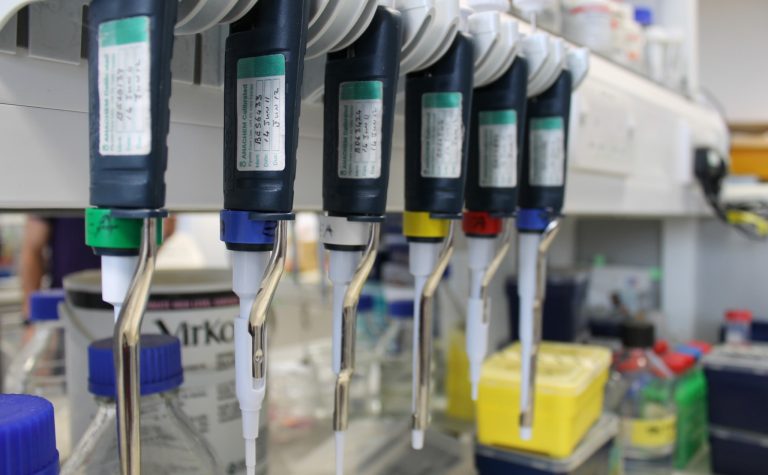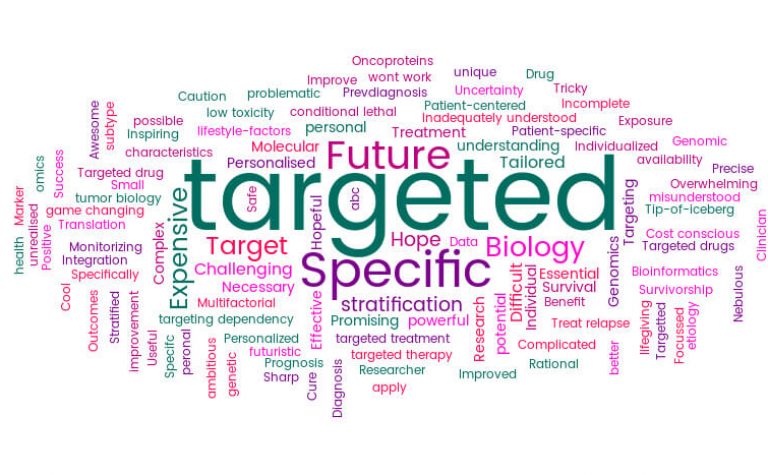We spoke to Professor Julie Irving, who is working on identifying potential new drugs and new drug combinations to treat these young cancer patients who have relapsed or are at high risk of relapse due to persistent cancerous cells
Q: How and why did you become a researcher?
A: I loved biology at school and science programmes like ‘Tomorrows World’ at home. I had to know how every organ in the body worked and what happened when there was disease. I was always the kid wanting to know more at the end of the class. I studied a BSc Hons degree in Physiological Sciences and then couldn’t decide if I wanted to work as a scientist in a hospital or a research lab. I applied for both types of jobs and was offered a research assistant post in cell biology. I loved designing and running the experiments and interpreting the data and got the chance to do Ph.D as a member of staff which I jumped at, as I knew then that was where I belonged.
Q: You are working on research into childhood Acute Lymphoblastic Leukaemia (ALL) at the moment, what made you choose that as a project?
A: We have been trying to answer the questions in the project for many years but the advent of a new technology called mass cytometry made it really feasible. We performed a small project and identified new potential drugs that may be beneficial in ALL so sought funding to perform a more comprehensive study on hundreds of leukaemic samples. We are very grateful to Children with Cancer UK for funding this important work and hope it will deliver the answers we need.
Q: What is the hardest part of your job?
A: Spending months on a grant application that you think is brilliant and finding out it has not been funded due to criticisms from the reviewers. That is definitely the hardest part of my job. You have to take it on the chin, pick yourself up and start again but it is really hard. I mope for weeks.
Q: What is the most rewarding part?
A: This is definitely when your work actually makes a difference to patients. I am lucky that I have been part of a team that developed a new drug that is now used for a variety of cancers, helped develop a technique that is now used worldwide to optimise treatment for Acute Lymphoblastic Leukaemia and identified a new drug combination that is showing great promise in early stage clinical trial. This has been during a 20 year period.
Q: Ultimately what do you hope your research will lead to?
A: I hope that it will lead to better treatments for children and adults with cancer.
Q: Who have you admired in the history of researchers/medicine and why?
A: I think I most admire historical women scientists such as Maria Salomea Skłodowska, better known with her married name of Marie Curie. My mother used to tell me that chemistry was not really a subject girls should take at school. Goodness knows the barriers Marie Curie faced to carve out a highly successful career in science in the 1880s. She won two Nobel prizes in different scientific disciplines.
Q: What advice would you give someone considering research as a career?
A: If you love science, are always wanting to know more about it and love doing experiments, this is the career for you.
Q: What advances have you seen in your career as a researcher?
A: I have watched the prognosis of so many childhood and adult cancers improve during my 30 years in research. One very poor prognosis ALL subtype in children known as Philadelphia positive ALL has improved remarkably due to the use of a new drug that was actually developed for another type of leukaemia found mainly in adults. There have also been so many technological advances that mean we get experimental data so much quicker and that speeds up our research. Some experiments that used to take a whole week of work, now take an afternoon.
Q: What difference will your research hope to make to children and young people with cancer?
A: Our project will give us key information on which new drugs are likely to work not only when children are first diagnosed with ALL, but also when they have had some treatment and there are, what we call ‘hardy little critters’ – remaining in the bone marrow. These are leukaemia cells that have not responded to the treatment and can then lead to children relapsing with their disease. Our study will be the first of its kind to identify new drugs against these hardy little critters that could be then used in the future to prevent relapse.
Q: What do you wish that people understood better about research?
A: That it takes a long time and is expensive. The drug I helped develop took about 12 years from the start of the project in the laboratory, to showing it worked well in patients, to finally getting FDA approval and that was considered fast!
Q: In your opinion, what does the future look like for childhood cancer?
A: I think there is real hope that the future will bring better cure rates and the treatment will be kinder.
Q: You are working hard to increase the survival rates of children…what is your favourite childhood memory?
A: My dad was often at work so my favourite memories are time spent with him, playing battleships (on graph paper!) or cribbage or air hockey- I loved that. I adored him.
Q: What is the best advice you have ever been given by anyone?
A: By my Dad when people questioned my abilities- he told me to prove them wrong.
Q: How do you unwind after a day at work?
A: I have three border collies and do a lot of walking, training and dog sports with them. I love to go to agility or hoopers shows on a weekend. You get to watch your ‘sport,’ have a go at your ‘sport’, spend time with your friends and with your dogs and their friends.
Q: Do you have any message for children undergoing cancer treatment at the moment?
A: I am so sorry this has happened to you. I hope you can take some comfort from knowing that there is an invisible army of researchers doing absolutely everything they can for you. By law, any samples from you have to be given a number not your name, but you are always more than a number to us.
Learn more about Prof. Julia Irving’s research project here:
Read more


